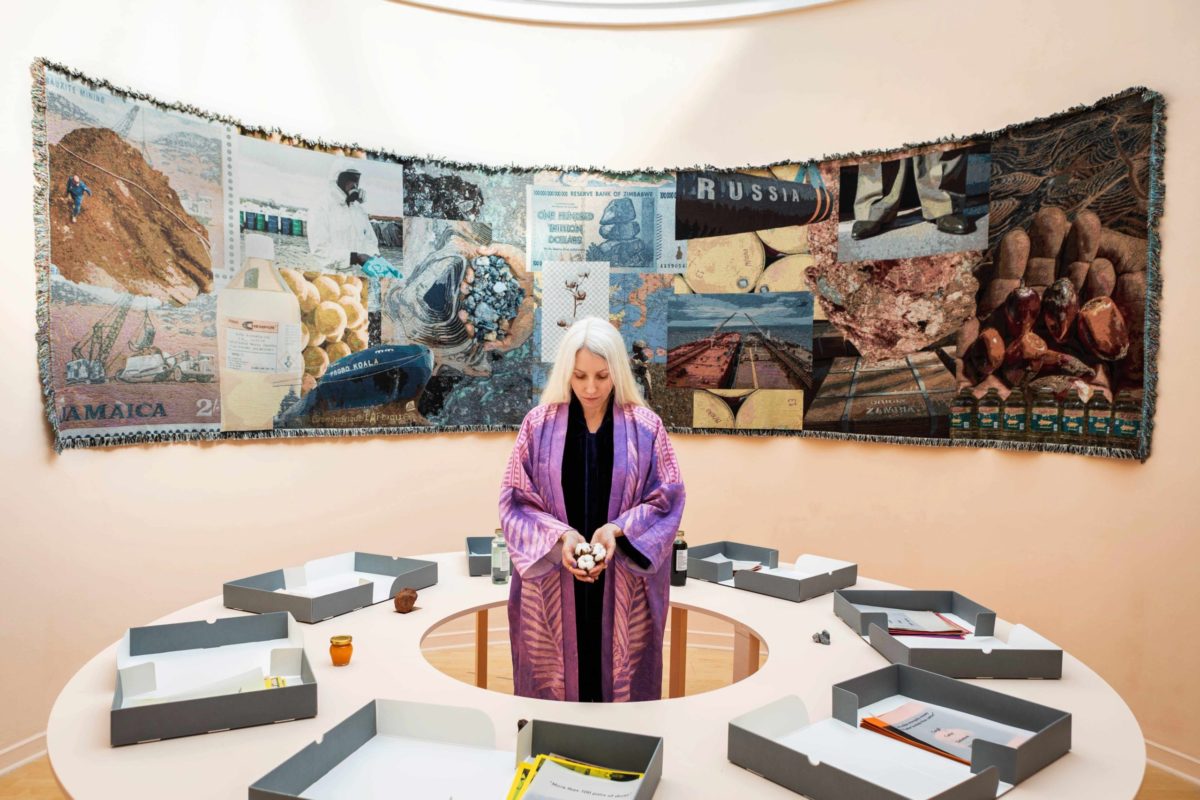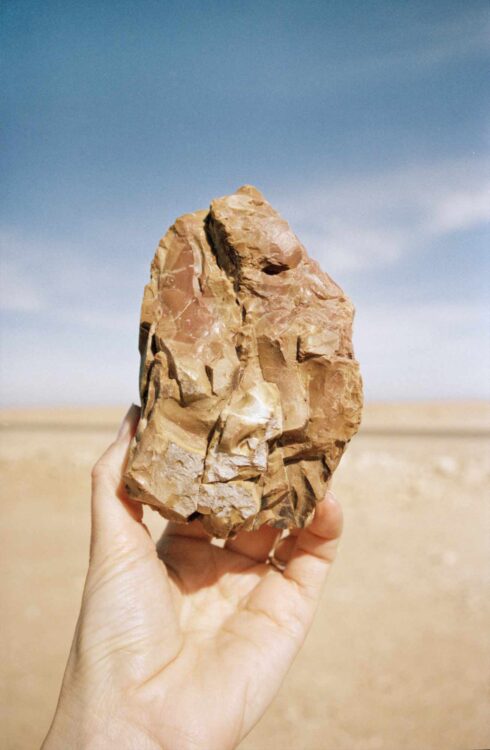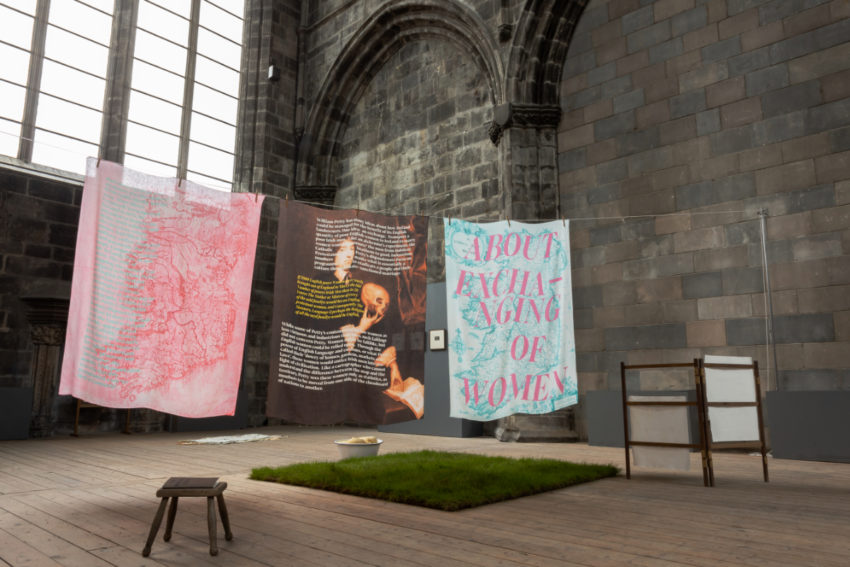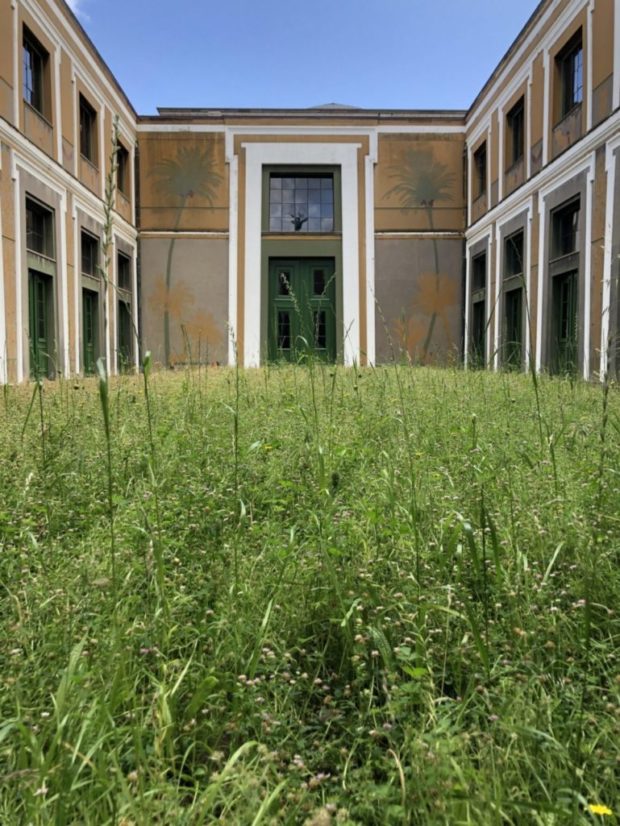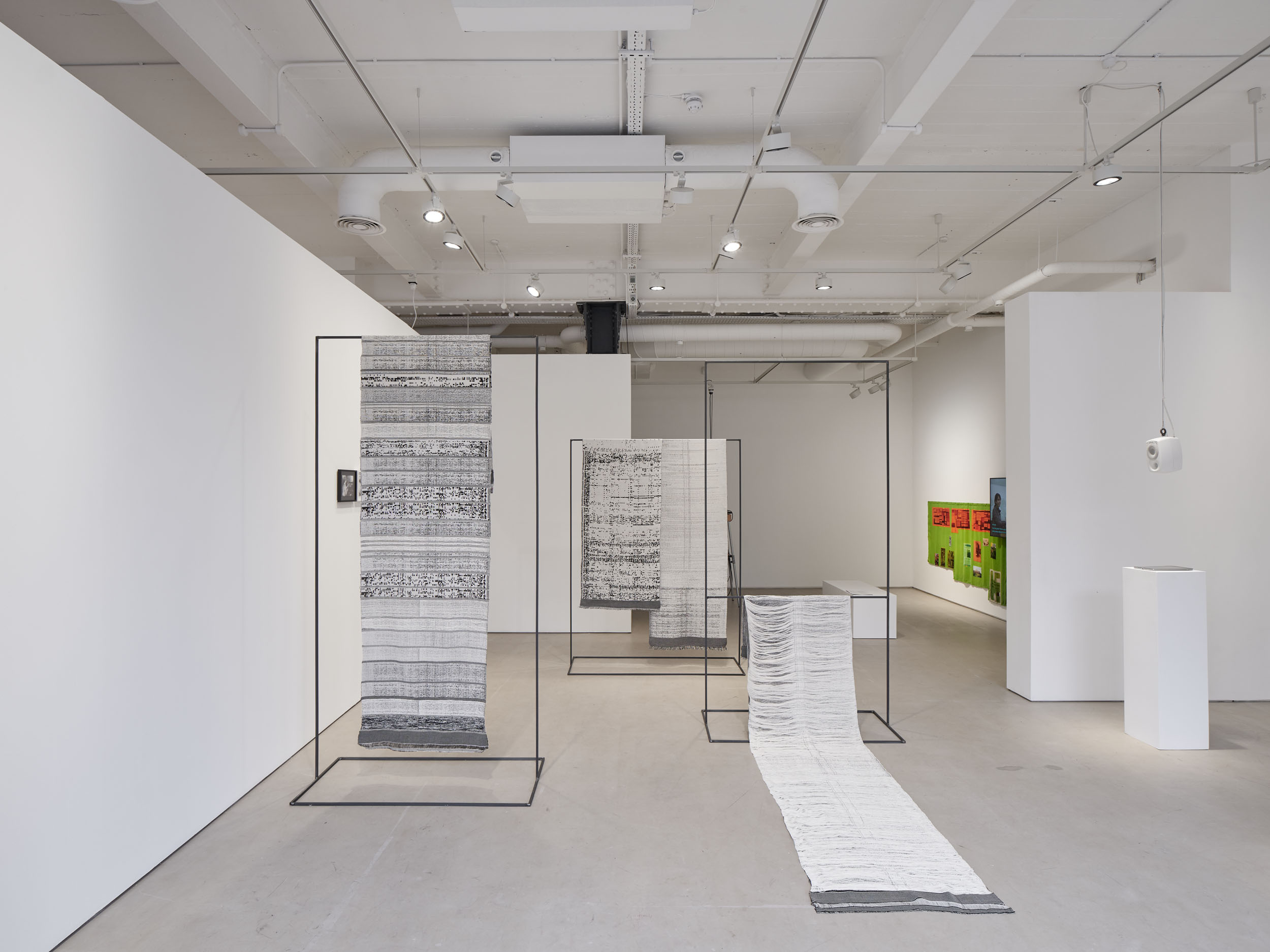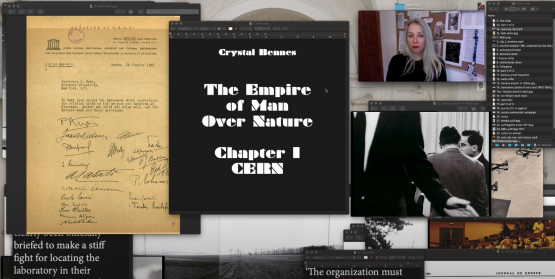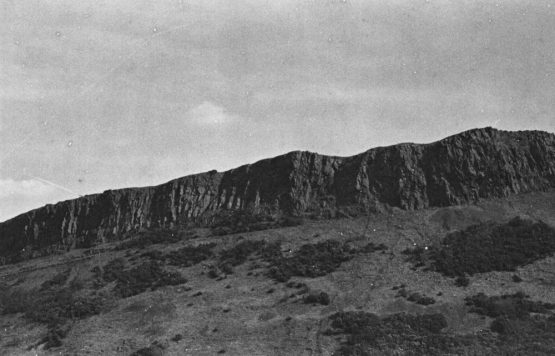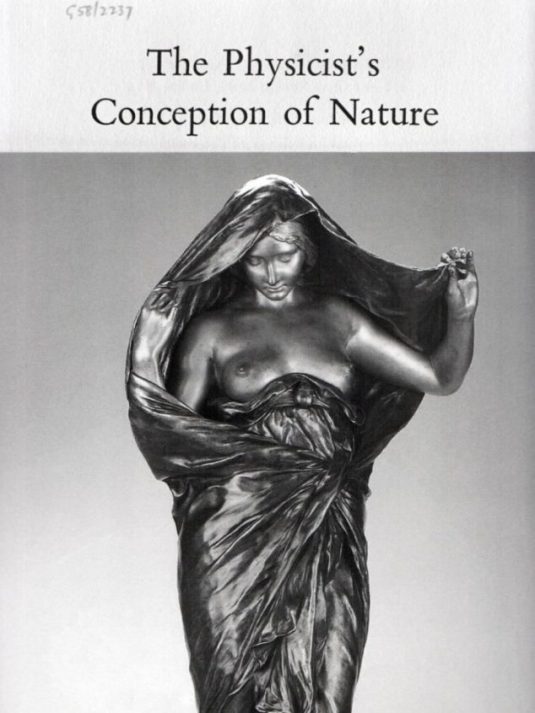An ongoing series on museum storage collections and the treasures hidden away inside them for Apollo Magazine.
Part 1: National Galleries of Scotland
Scottish history is littered not only with great events, but great artists, and for such a small country, its national collections are among the best in the world. But while the National Galleries of Scotland – comprised of the Scottish National Gallery (SNG), the Scottish National Portrait Gallery (SNPG) and the Scottish National Gallery of Modern Art (SNGMA) – own some 97,000 works between them (80 per cent of which are works on paper, housed on site at the Galleries in the Print Rooms), only about five per cent is on public display at any one time. The remainder of the galleries’ collection, which ranges from early Renaissance to modern day art, with a particular focus on Scottish art, is held in storage.
Read the rest at Apollo.

Madonna of the Yarnwinder (c. 1520–30), after Leonardo da Vinci © National Galleries of Scotland; Supplied by The Public Catalogue Foundation
Part 2: State Hermitage Museum
The State Hermitage Museum in St Petersburg is vast – its building complex of 67,000 square metres is comparable only to the Louvre or the Smithsonian – and its collection of more than 3 million objects (including a numismatic department of some 1.15 million coins) is simply staggering.
Given these numbers, perhaps the museum’s dedication to making its collection as accessible – a mission driven by its director Mikhail Piotrovsky – is somewhat surprising. As part of the Hermitage’s open-stores policy, the collection can be viewed via near-daily tours, which last just under two hours. Including the storage centres, the principal Hermitage complex, and various Hermitage ‘dependencies’, some 30 per cent of the collection is on public display, an impressive figure considering its size.
The first phase of the Staraya Derevnya Restoration and Storage Centre, an enormous, architecturally-muddled complex of buildings north of the city centre, was completed in 2003; the second in 2015. A third phase, designed by Rem Koolhaas, will house the Hermitage’s extensive library holdings and costume collections across the road and is tentatively scheduled for 2018.
Read the rest at Apollo.

Adoration of the Sacrifice fresco (14th century), Pskov. © Crystal Bennes
Part 3: Ateneum Museum (coming soon!)
